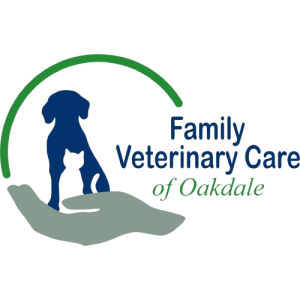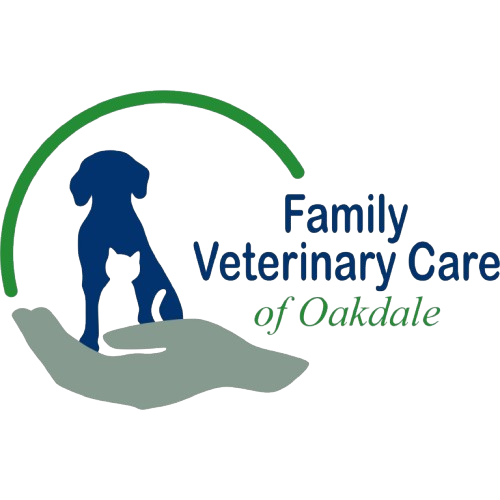Today’s veterinary school graduates face an abundance of opportunities and options for how and where they’ll practice. But, your first clinical role is more than a mere starting point—your experiences there will create the foundation for your entire career.
Finding the right practice for your needs, desires, and preferences is crucial for boosting your personal and professional growth and ensuring long-term satisfaction and success. Here are five non-financial considerations to help you find a practice that you can call home.
1. Seek a supportive environment
Your first year out of vet school is not only exciting but can also be scary and somewhat isolating. Look for a supportive and inclusive practice culture, which will help you navigate the inevitable highs and lows of your early career. Key indicators include:
- Strong core values and mission — Employers should be comfortable explaining and illustrating their values and purpose. These should be aligned with your own.
- Holistic benefits — Benefits should support not only your financial and physical wellness but also your emotional health. Look for practices that provide wellness benefits and perks that take care of your entire being.
- Positive team dynamic — The team’s vibe can reveal a practice’s true tone and should be welcoming, warm, and curious.
- Established communication channels — Support thrives on communication. Determine how a team communicates by observing them in action and learning how, when, and from whom you’ll receive feedback and advice.
- Resources to ease your transition — Relocation assistance, local guidance, and recommendations on neighborhood goods and services demonstrate a practice that cares beyond normal working hours.
Finally, gauge support by assessing your overall impression. Are you comfortable in the practice? Do you feel at ease around the team? Do their interactions seem genuine? Trust and consider your instincts when choosing the right practice.
2. Prioritize mentorship and educational assistance
Structured mentorship helps you bridge the gap between newly minted veterinary school graduate and practicing veterinarian. Practices offering in-house or hybrid mentorship programs (i.e., hands-on support, online-based programs) can provide guidance, feedback, and encouragement as you navigate clinical cases and develop your skills. Educational incentives, such as loan repayment assistance, continuing education opportunities, and paid attendance for conferences or advanced training, demonstrate a commitment to your ongoing professional growth.
3. Assess available learning opportunities
Growth-minded practices ensure continuous professional development, helping to expand your skills and ensure continued job satisfaction. In addition to structured learning opportunities, growth-minded cultures embed teaching and learning in their daily routine by including:
- Exposure to a wide variety of cases
- Participation in surgeries or specialized procedures
- Access to advanced diagnostic tools and technology
- Collaboration and shared knowledge over cases and challenges
- Solicitation of new ideas and unconventional approaches
Lastly, dynamic learning environments will recognize failure and mistakes as a part of learning. Such workplaces will broaden your skill set and deepen your knowledge base, enhancing your confidence as a veterinarian.
4. Evaluate work-life harmony efforts
We all know that life in veterinary medicine requires accepting some unpredictability, but the best practices strive to ensure their associates enjoy healthy work-life harmony. These practices demonstrate their commitment through reasonable working hours, adequate time off, fair on-call rotations, and flexible scheduling. Your ideal practice should align with your personal commitments and be open to discussing work arrangements during contract negotiation. While work-life balance isn’t a constant, work-life harmony ensures personal and professional commitments receive the time and effort they deserve. This approach is key to avoiding burnout, performing at your best, and enjoying your career to the fullest.
5. Research practice reputation and values
Before accepting a position, research the practice’s reputation in the community and among clients. Read online reviews and testimonials, ask to speak with existing clients and team members, and discern from your personal network of contacts how other area practices perceive the one under consideration. Investigate the practice’s history and ownership to determine their motivations, investment, values, and direction.
The right practice for you will recognize your potential, invest in your development, nurture your growing confidence, and provide the support you need to excel in the career you’ve worked so hard to achieve. We believe you’ll find all that and more at Family Veterinary Care of Oakdale. Visit our careers page to learn more about our associate positions and our unparalleled benefits. Then, submit your application!











Leave A Comment